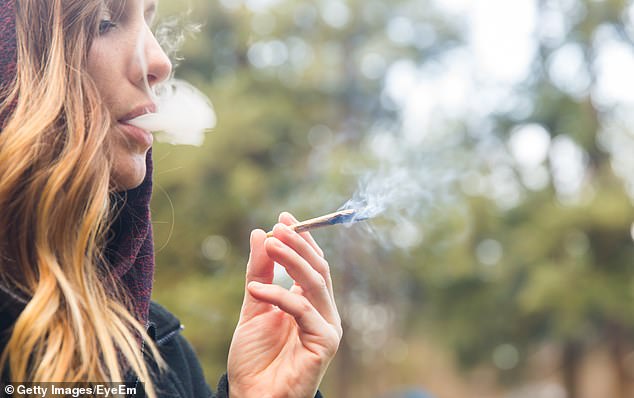Higher Levels Of THC May Not Mean That You Will Get Higher

06/20/2020
A new research has been spearheaded at the University of Colorado that disproves the commonly held belief that smoking marijuana strains with larger amounts of THC will give you more intense highs. Researchers from the Boulder university tested marijuana tolerance of 121 pot smokers. They were divided into two groups where individuals were either given a higher THC-concentrated joint or one that had drastically lower levels of THC.
The team of researchers were surprised to find that although their blood levels revealed huge differences in THC levels, the subjects themselves were found to have no discernible differences when asked to complete a wide variety of cognitive and balance tasks. Both groups were also asked to objectively describe their impairments which also revealed very little difference.
Making the comparison to alcohol consumption would have yielded completely different results. "People in the high concentration group were much less compromised than we thought they were going to be," said Kent Hutchison, one of the researchers at the university. "If we gave people that high a concentration of alcohol, it would have been a different story."
The test subjects consisted of age groups ranging from 21 all the way to 70 years old. All of the participants were not heavy drinkers, were not on prescription medication, didn't smoke cigarettes, and used cannabis four times a month at a minimum.
One group was given marijuana with 16%-24% THC levels, the other group 70%-90% THC potency.
Blood samples were taken from everyone before, after, and then an hour after that. Blood levels were what you would expect, a dramatic difference between the two groups but not the intoxication level. In the higher THC group, the average was 1000 micrograms per mililiter. The weaker THC group was, on average, 455 micrograms per milliliter.
The lack of correlation between THC concentrations and impairment solidifies the consensus among researchers that THC is an unpredictable intoxicant with many factors at play. Although, to an extent, the studies failed to explain why this happened, it did raise many questions and possible theories. Perhaps it's a case of diminishing returns. At a certain point, the upward trend of intoxication halts. Your body's cannabinoid receptors become saturated.
"Does long-term, concentrated exposure mess with your cannabinoid receptors in a way that could have long-term repercussions?" Hutchison wonders. "Does it make it harder to quit when you want to? We just don't know yet."
There are still many unanswered questions, not to mention that it is a difficult study to illuminate. Anyone who smokes marijuana knows how drastically different tiers of impairment each individual can experience. One thing that this study does highlight is how "safe" cannabis is compared to the consumption of alcohol or any other substances. With a "cap" on how high one can get, it's arguable you can't get wasted like you can drinking. But above all, it shows that we definitely need more research so we can further understand the benefits and possible drawbacks of using marijuana.







